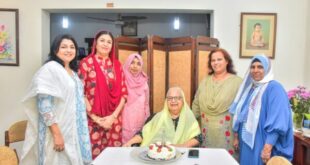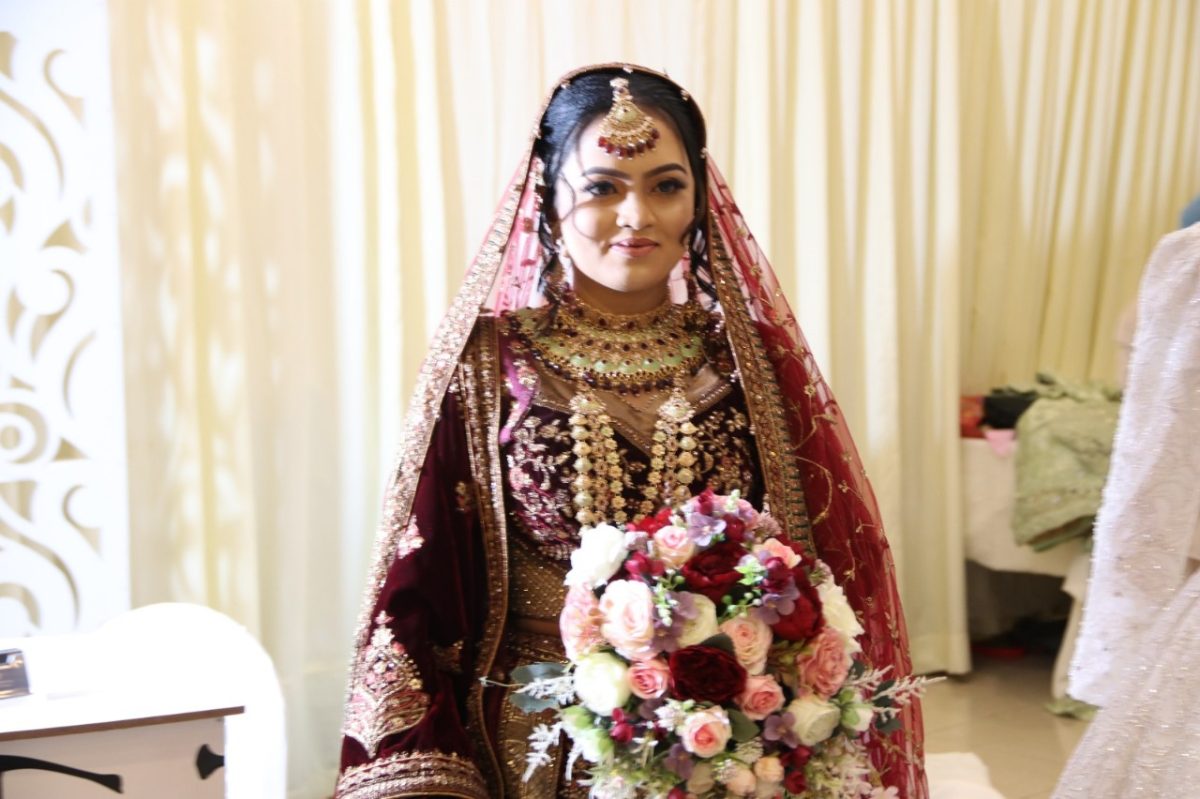Doha, Qatar – How is it that one religion – Islam – seems capable of undermining women and promoting them at the same time?
Anyone attempting to take stock of the position of women in the Muslim world cannot help but be confused. One finds stories in the media all the time about injustices committed against Muslim women, such as “honour” killings, child marriages and discriminatory legal judgments in matters of divorce, custody and inheritance.
On the other hand, one also comes across stories about the remarkable strides made by Muslim women in education, career development and political activism in countries as diverse as Bangladesh, Morocco and Turkey.
How can we make sense of such a dichotomous picture?
The answer is simple: by distinguishing the religion of Islam from the Muslims who practice it.
Those who study the Qur’an know that Islam elevated the rights of women beyond anything known in the pre-Islamic world. In fact, in the seventh century Muslim women were granted rights not granted to European women until the 19th century, such as property ownership, inheritance and divorce.
That said, Muslims who codified the Qur’an and Hadith (sayings of the Prophet Muhammad) into Islamic law did not succeed in expunging the patriarchy of the pre-Islamic world from their practices.
This distinction between the faith and the various manifestations of its practice is a subtle but extremely important one.
When a Westerner is trained to pick up on the distinction, he/she comes to recognise that the Muslim woman who criticises Muslim practices is not usually rebuking her heritage in favour of Western ideals – the kind of rebuke that hits best-seller lists in the West and that feeds Western stereotypes about the religion – but is instead encouraging other Muslims claiming allegiance to Qur’anic teachings to live up to its highest principles.
This inward criticism and call to action is often called Islamic feminism, a promising paradigm which supports change from within, and not in imported formulas.
While adopting the Qur’an at its core, Islamic feminism challenges two main norms: the patriarchal cultural customs mistaken for Islamic teaching and patriarchal interpretations of certain Qur’anic verses.
The project of disentangling what is true Islamic teaching from cultural traditions historically practiced in a Muslim territory is an ongoing project for Muslim feminists.
Arifa Mazhar, the manager of gender issues for the Pakistan-based Sungi Development Foundation, whose goal is to effect policy and institutional changes relating to development by mobilising marginalised local communities, declared at the International Congress on Islamic Feminism in Barcelona in 2008: “Instead of debating Islam, we should be debating culture and its impact…. There are a lot of social taboos and tribal traditions that oppress women, and they have little to do with Islam.”
Islamic feminism’s second challenge is to attempt to reinterpret verses in the Qur’an – especially given the present context – that have been misinterpreted or over-generalised.
One example is the disproportionate weight given to the few Qur’anic verses giving men authority over women within family structures versus the many others that emphasise equality between men and women. Islamic feminism encourages women to study the words of the Qur’an for themselves, and to judge whether the misogyny and failure to take women seriously prevalent in some customs is a matter of Islamic doctrine or, indeed, of cultural impositions on such doctrine. Islamic feminism thus provides the grounds for changing civil and national law in ways that prove progressive for women.
Sisters in Islam, a leading Muslim women’s rights group in Malaysia, has been trying to reform the issue of polygamy. Rather than calling for the abolition of polygamy, for example, it calls only for its restriction to certain situations – such as obtaining permission from the first wife and from the court – and is working on public surveys that would provide empirical evidence of the negative effects of polygamy on society.
Rooted in Islam and the Qur’anic spirit of equity, Islamic feminism provides a credible political voice for women. It gives women’s organisations, women’s rights advocates, and gender scholars in the Muslim world legitimate grounds for action – and change – as fulfilment of society’s religious obligations.
###
* Amal Mohammed Al-Malki is an assistant teaching professor of English at Carnegie Mellon University in Qatar and a member of the Qatar National Competitiveness Council, which promotes reform and transparency in the national economy. This article first appeared in The Pittsburgh Post-Gazette and was written for the Common Ground News Service (CGNews) as part of a series on Muslim women and their religious rights.
Source: Common Ground News Service (CGNews), 31 March 2009, www.commongroundnews.org
Copyright permission is granted for publication.
Post Disclaimer | Support Us
Support Us
The sailanmuslim.com web site entirely supported by individual donors and well wishers. If you regularly visit this site and wish to show your appreciation, or if you wish to see further development of sailanmuslim.com, please donate us
IMPORTANT : All content hosted on sailanmuslim.com is solely for non-commercial purposes and with the permission of original copyright holders. Any other use of the hosted content, such as for financial gain, requires express approval from the copyright owners.
 Sri lanka Muslims Web Portal Sri Lanka Muslims News Center
Sri lanka Muslims Web Portal Sri Lanka Muslims News Center
 Donate
Donate


